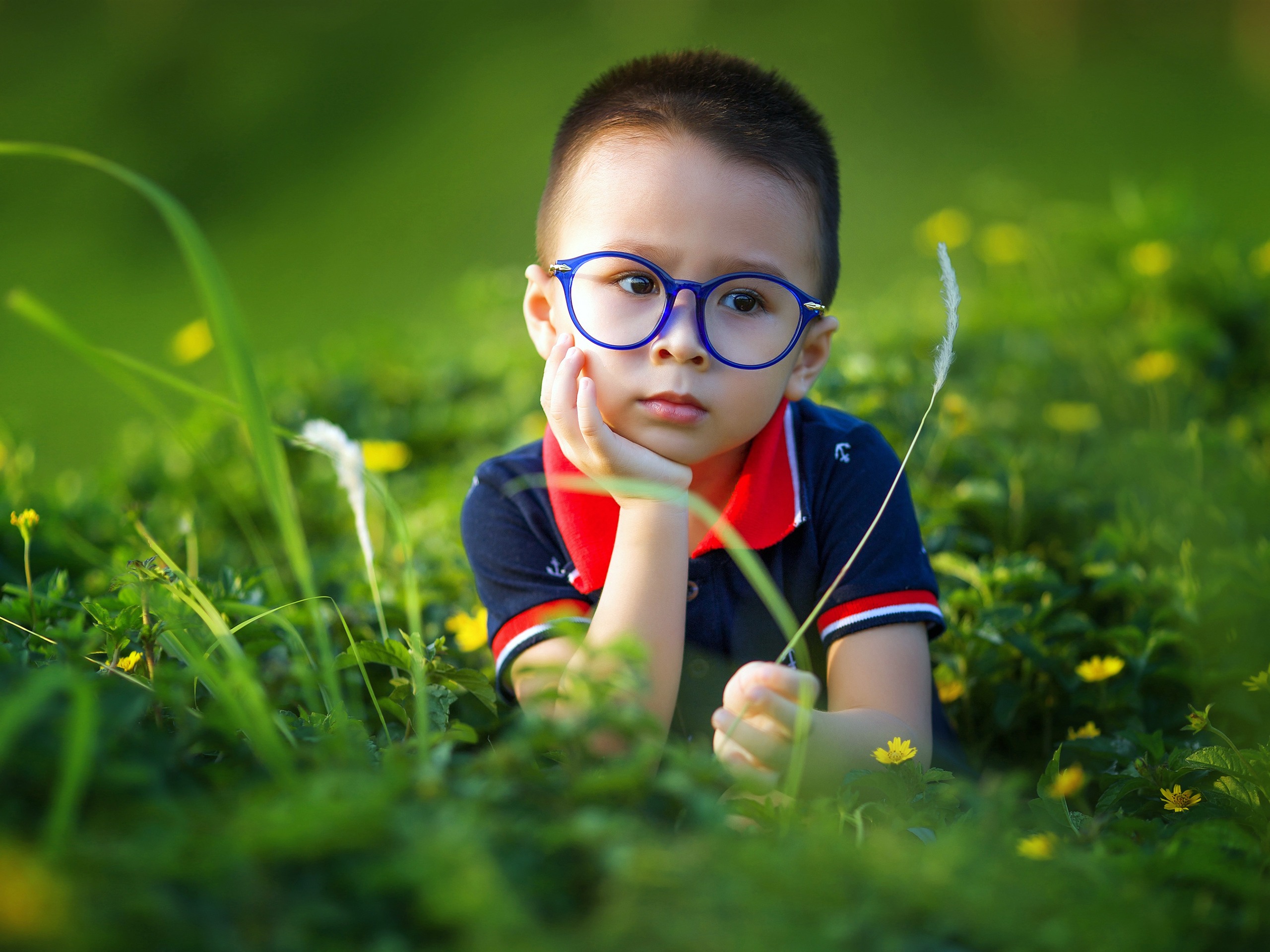Anyone who has ever experienced it can testify the death and loss of a child is an ultimate tragedy. Naturally, parents are more bonded to children, making their death and loss more devastating. Children are supposed to outlive their parents. When they die, parents experience excruciating pain because the dreams and hopes they had for their children are less likely to come true.
The death of a child makes parents feel they have lost their identity. That is not all; the chances of getting grandchildren also fall. Luckily, most parents accept the loss with time and move on. Happiness catches up with them again, encouraging them to find a new meaning in life.
Grief Reactions After the Death and Loss of a Child
From a grief expert’s point of view, the grief reactions after the death and loss of a child include;
- Anger and bitterness
- Seeing the child in the dreams or feeling their presence
- Sadness and despair
- Disbelief, shock, denial, and confusion whether or not the death of the child was expected
- Loneliness and isolation
- Loss of faith
Helpful Tips During the Grieving Period
- Do not give way child’s belongings or pack up their room immediately after death
- Bring up your child often in conversations
- Take time off to grieve. Friends and family can step in for housework or the welfare of other children
Seek help from support groups
- Learn to Enjoy Self-care Routine - September 21, 2023
- Jonathan Aufray’s Story - July 29, 2023
- From Public Housing To Ivy League: The Inspiring Journey of Crystaltharrell.com and its Founder - June 7, 2023






